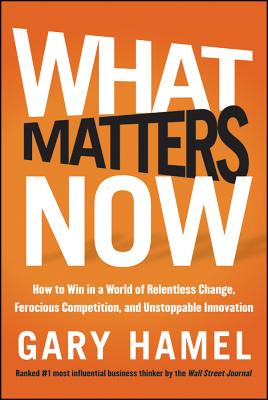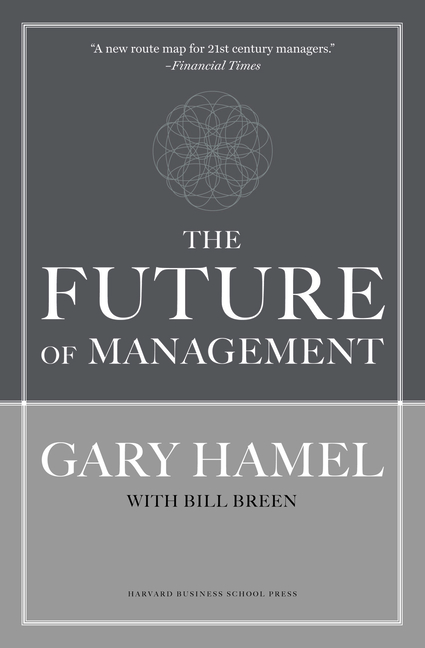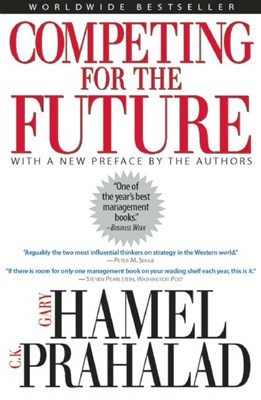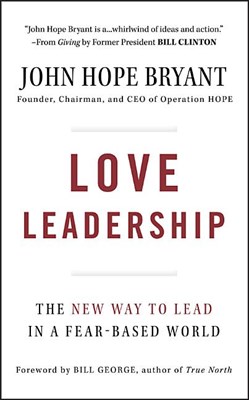Big-Hearted Business Books
Sally Haldorson
February 14, 2012
In Gary Hamel's new book, What Matters Now (which we are giving away this week on inBubbleWrap! ), he encourages leaders to define a mission that "embodies the values of trust, generosity, and forebearance" no matter how "radical and weird" it seems. But he even goes further and suggests you bring love into the equation.
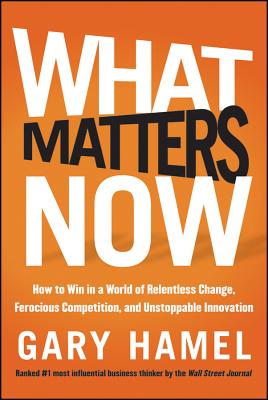 In Gary Hamel's new book, What Matters Now (which we are giving away this week on inBubbleWrap!), he encourages leaders to define a mission that "embodies the values of trust, generosity, and forebearance" no matter how "radical and weird" it seems. But he even goes further and suggests you bring love into the equation.
In Gary Hamel's new book, What Matters Now (which we are giving away this week on inBubbleWrap!), he encourages leaders to define a mission that "embodies the values of trust, generosity, and forebearance" no matter how "radical and weird" it seems. But he even goes further and suggests you bring love into the equation.
[H]ere's an experiment to try. The next time you're stuck in a staff meeting, wait until everyone's eyes have glazed over from PowerPoint fatigue and then announce that what your company really needs is a lot more luuuuuv. When addressing a large group of managers, I often challenge them to stand up for love (or beauty or justice or truth) in just that way. "When you get back to work, tell your boss you think the company has a love deficit." This suggestion invariably provokes a spasm of nervous laughter, which has always struck me as strange. Why is it that as managers we are perfectly willing to accept the idea of a company dedicated to timeless human values, but are, in general, unwilling to become practical advocates for those values within our organizations?The problem, as Hamel defines it, is that organizations tend to value utilitarianism, but shy away from valuing values. "[T]his kind of dedication to big-hearted goals and high-minded ideals is all too rare in business. Nevertheless, I believe that long-lasting success, both personal and corporate, stems from an allegiance to the sublime and the majestic." Hamel is the author of The Future of Management and the co-author, with C.K. Prahalad, of Competing for the Future. What Matters Now is a multi-tiered look at how organizations must become more adaptable and innovative by tapping into the creative power of their people rather than relying on a more traditional, more inhuman, management ideology. *** Other books we love that put heart at the heart of the matter?






